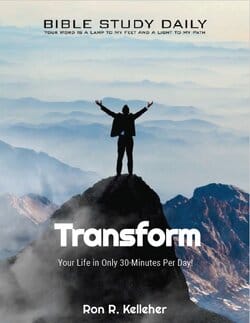What I Noticed Today (Matthew 12; Mark 3; Luke 6)
Matthew 12
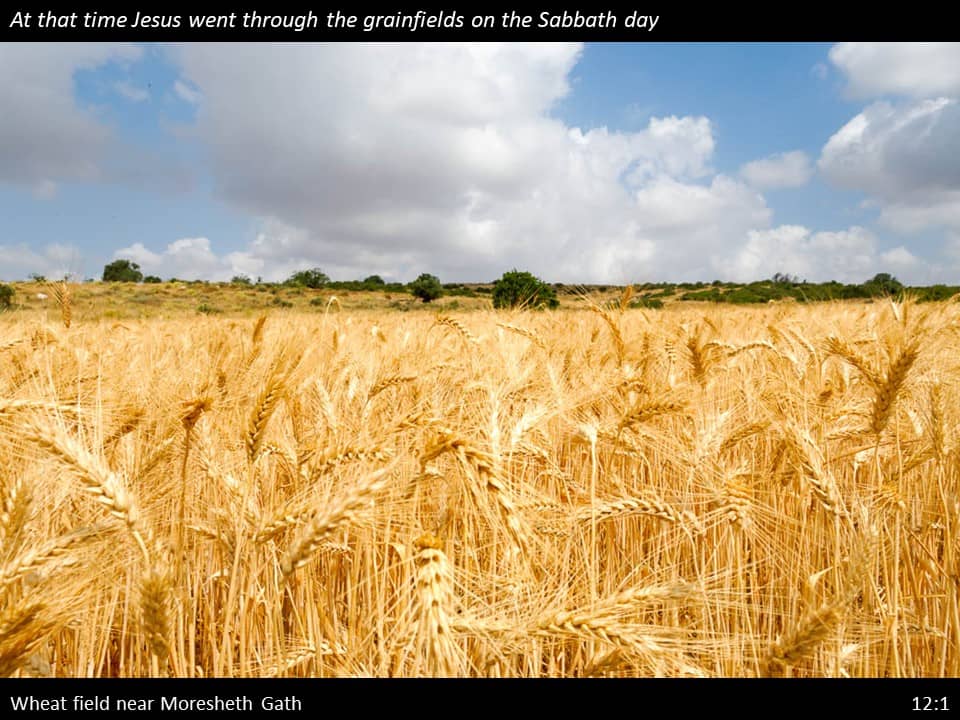
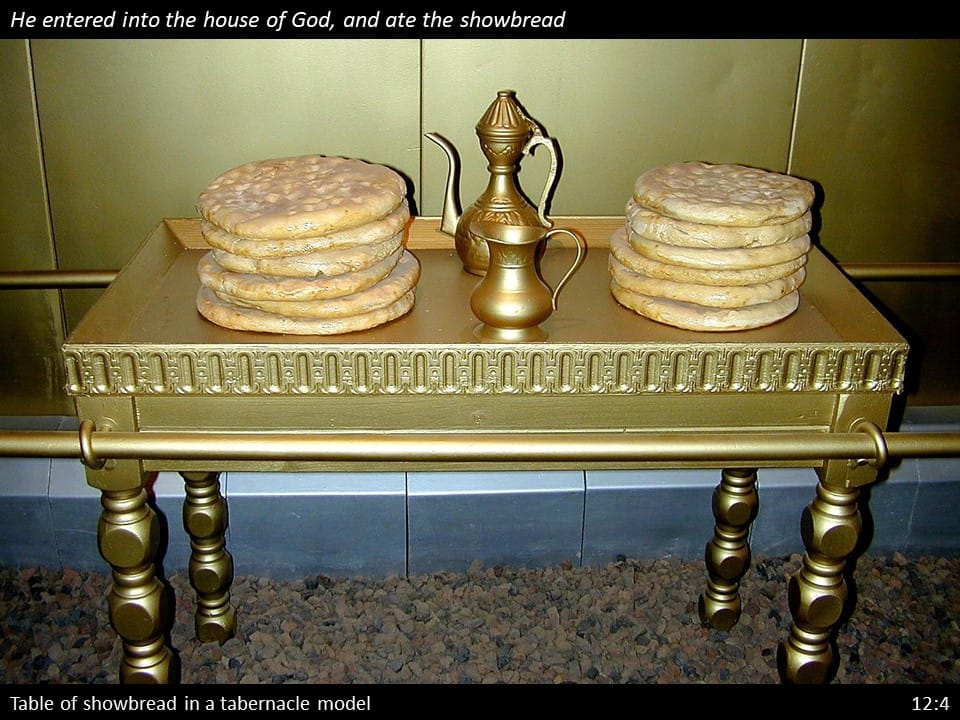
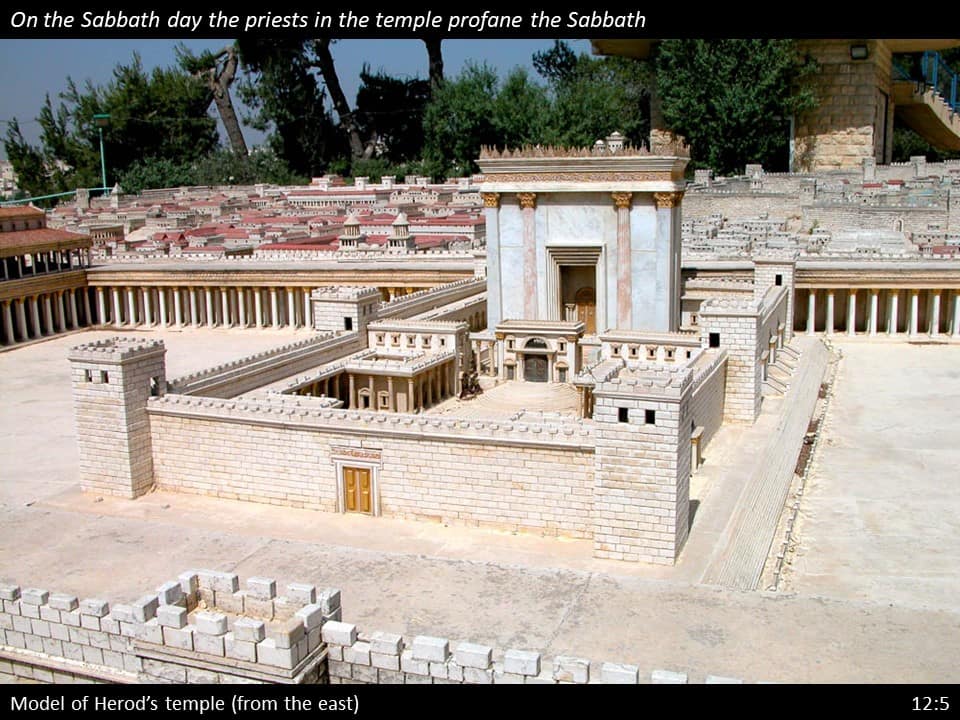
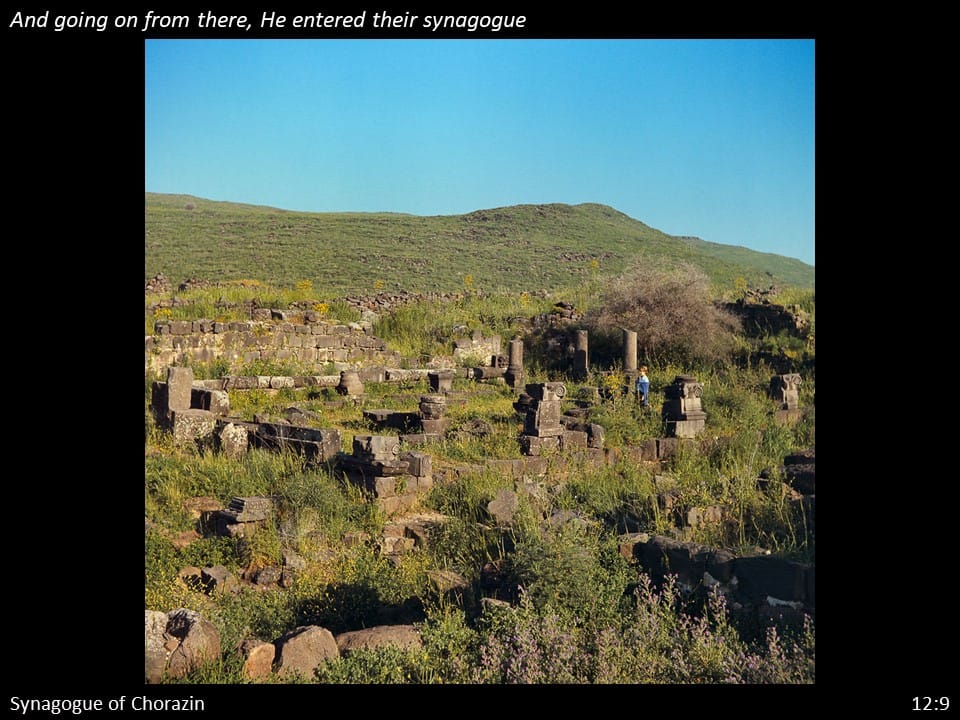
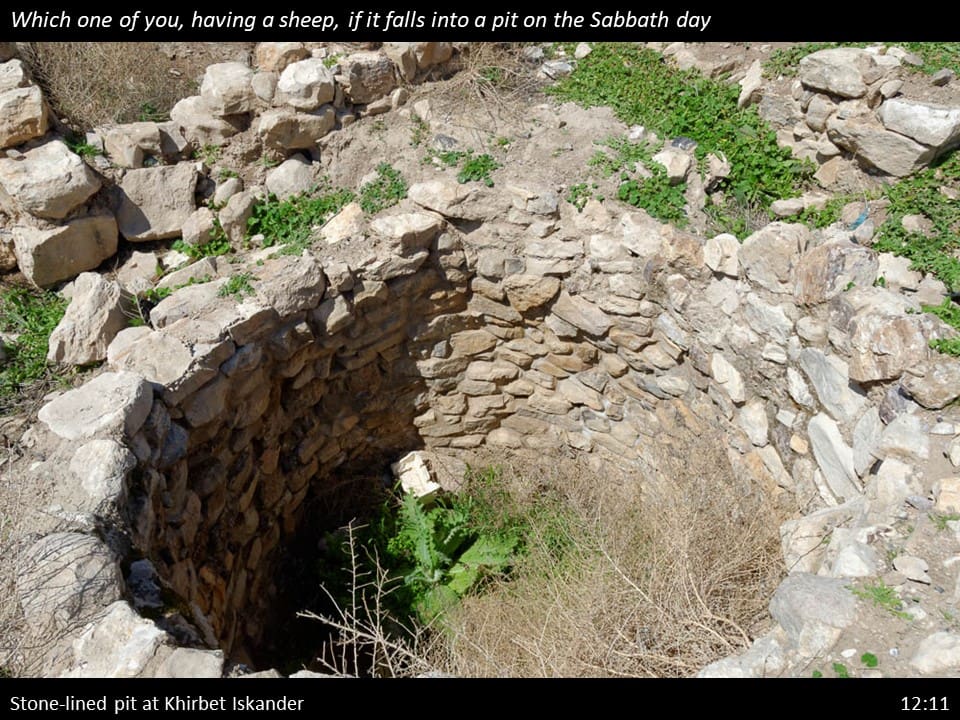
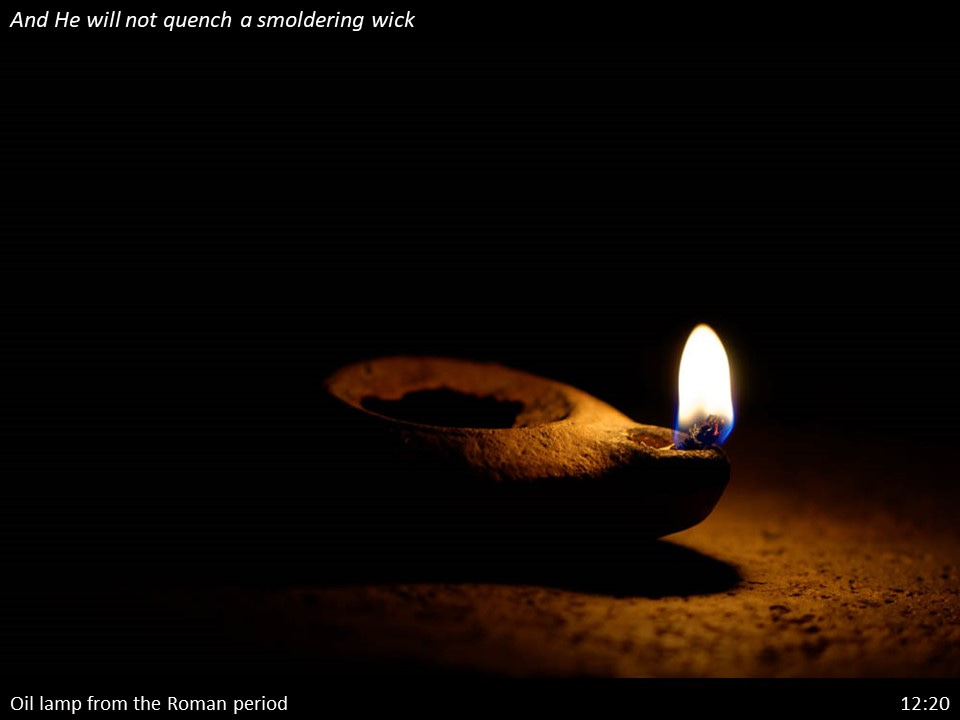
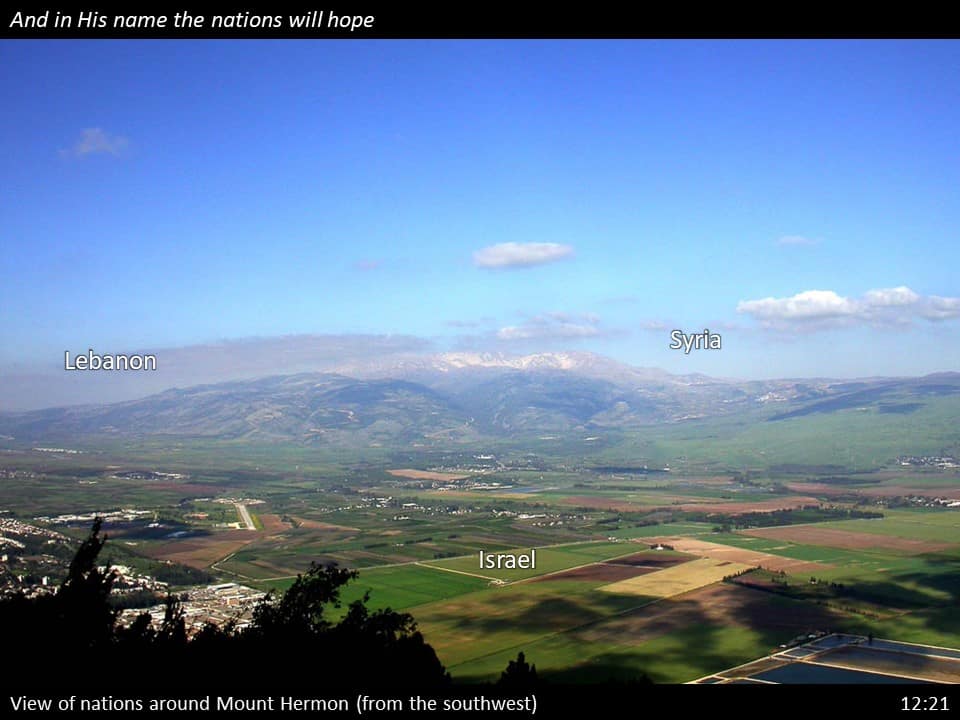
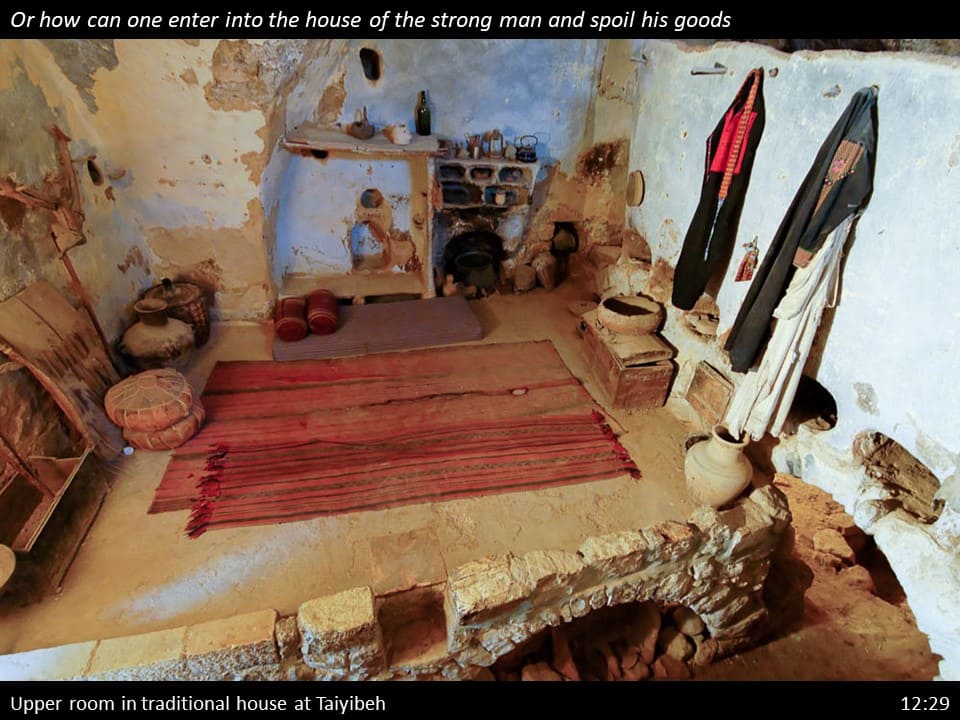
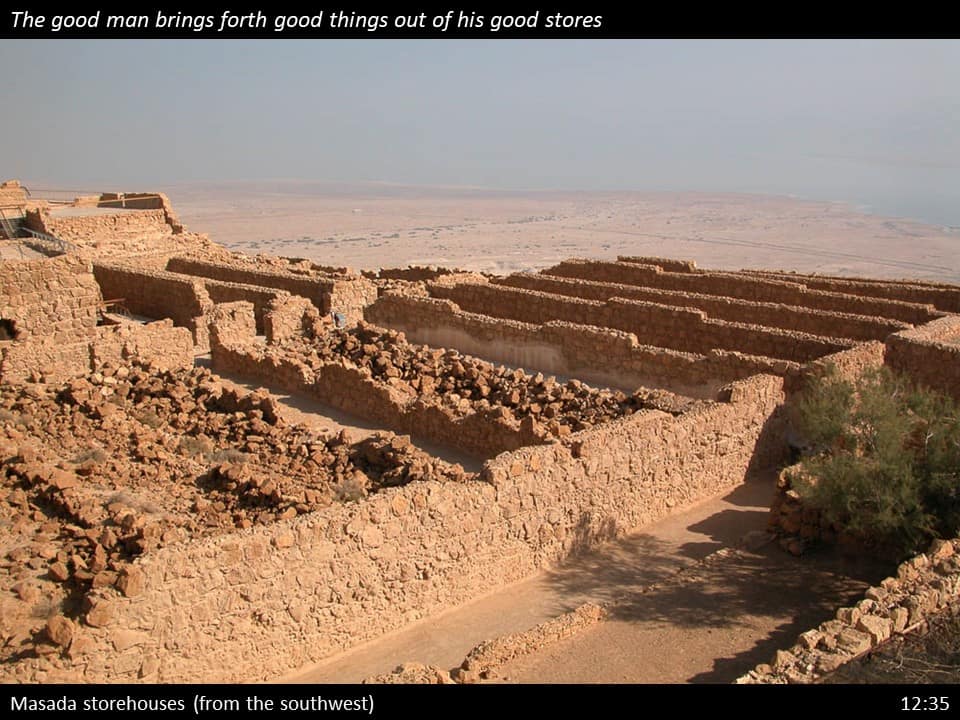
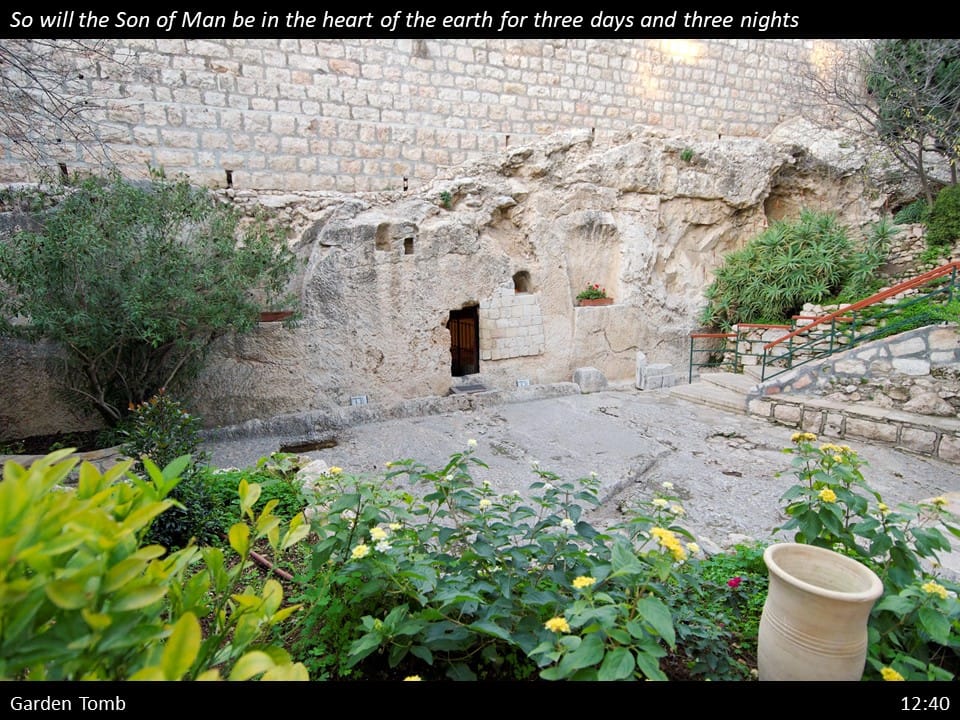
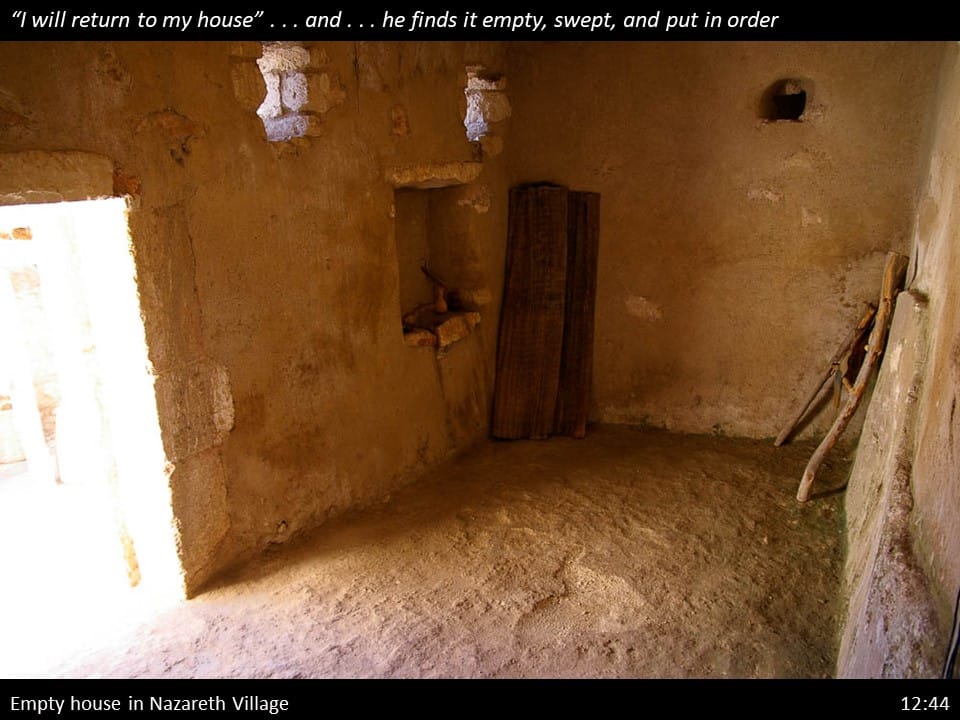
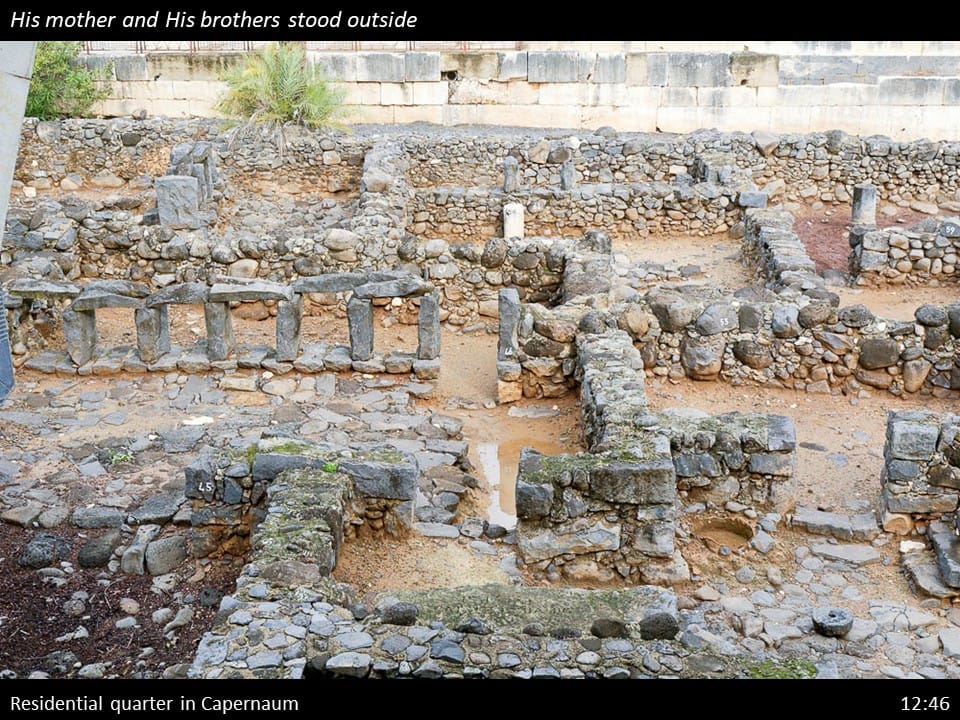
In verses 1-2, Jesus and the disciples were walking through a grain field, and being hungry, they plucked the heads of grain to eat. The Pharisees saw this and immediately complained that Jesus and the disciples were breaking the Law by working on the Sabbath (Exodus 20:8-11).
Note: Pharisees considered picking the grain as reaping, rubbing the grain between the hands as threshing, and blowing away the chaff as winnowing. Reaping, threshing, and winnowing were all defined as work and illegal on the Sabbath.
In verses 3-8, Jesus refuted the Pharisee’s claim with three examples:
- David ate the consecrated bread (1 Samuel 21:1-6).
- The priests worked on the Sabbath (Numbers 28:9-10).
- Jesus said He was Lord of the Sabbath, and He decides what is allowed and what is not. Jesus quoted from Hosea 6:6, reminding the Pharisees that God desired mercy more than sacrifice.
In verses 9-14, Jesus arrived at the synagogue on the Sabbath, and there was a man with a shriveled hand there. The Pharisees are attempting to trap Jesus asked if it was legal to heal on the Sabbath. Jesus said it was legal to do good on the Sabbath. A man would rescue a sheep from a pit, and men were more valuable to God than sheep. So, Jesus healed the man. Instead of being convinced by Jesus’ argument, the Pharisees plotted against him, planning to destroy him.
In verses 15-21, Jesus withdrew from the Pharisees. Many people followed him, and he healed them all but ordered them not to say anything. This fulfilled Isaiah 42:1-4.
Note: In verses 18, the three elements of the Godhead are in view (the Trinity): God the Father, who spoke regarding His servant Jesus, who was imbued with the Holy Spirit.
In verses 22-24, A blind and mute demon-possessed man was brought to Jesus, and Jesus healed him. When the Pharisees heard about it, they said it was through the power of Beelzebub (Satan) that Jesus was able to cast out the demons.
In verses 25-29, Jesus, knowing their thoughts, responded no kingdom that is divided against itself would survive. Jesus asked by what power their judges cast out demons, was it Satan or God.
Note: By driving out demons, Jesus demonstrated that he was stronger than Satan (who can enter a strong man’s house without first binding him).
If Jesus were driving out demons by Satan’s power, why would he drive out one of his own demons? Also, if Jesus was driving out demons by Satan’s power, why would he be preaching about the kingdom of God?
In verses 30-33, Jesus then called the people to make a decision. They were either with Him or against Him. Attributing Jesus’s acts to the power of Satan was blasphemy against the Holy Spirit. Every sin would be forgiven except for blasphemy against the Holy Spirit.
In verses 33-37, Jesus declared that a tree is known by its fruit. Good trees produce good fruit. He referred to the Pharisees as a brood of vipers who could not say anything good because they were evil. On the day of judgment, they will be held accountable for every careless word.
In verses 38-42, some scribes and Pharisees asked Jesus to perform another miracle (they had already witnessed and heard about many of Jesus’ miracles). Jesus answered they were wicked for asking for another sign except for the sign of Jonah. Jonah was in the belly of the fish for three days and nights, just as the Son of Man will be in the earth for three days and nights. Jesus said even the people of Nineveh repented when they heard Jonah preach. The queen of the south repented when she heard Solomon’s wisdom. Jesus was greater than Jonah or Solomon.
Note: The queen of the south is the Queen of Sheba (1 Kings 10:1-13).
Note: The pagan nation of the Ninevites and the Queen of Sheba were more responsive to the word of God, than were the Jews, God’s chosen people.
In verses 43-45, Jesus compared the Pharisees to a man with an unclean spirit. The man cleans up his life, but the unclean spirit returns and brings more spirits with it, and the man is worse off than before. They had attempted to follow God’s Law, but by their own power, without the power of God, and so, in the end, they were targets for Satan.
In verse 46-50, Jesus' family stood outside to asking to speak to him. Jesus responded that whoever does the will of the Father is His brother and sister. Jesus was saying His spiritual family was valued even more than His physical family.
Some thoughts for additional consideration:
- Jesus faced hostility from established leaders because he challenged their belief system.
- Many leaders Jesus faced were hypocrites; they made a show of following God, but their hearts were far from Him.
- Jesus warned about being indecisive. You are either with Him or against Him, and if you are against Jesus, you are for Satan.
Mark 3
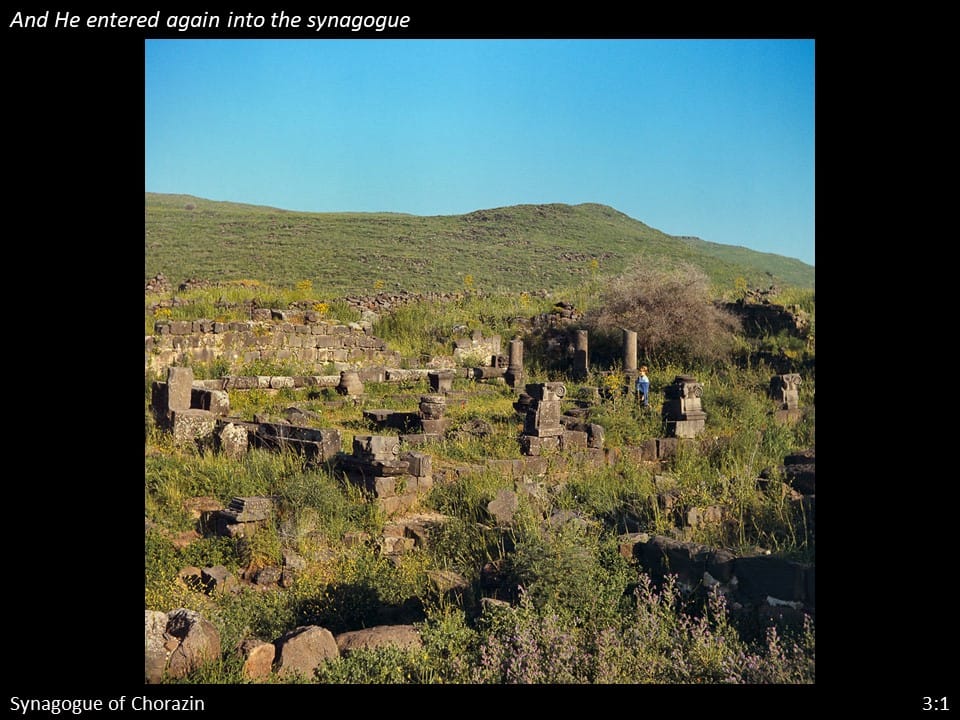
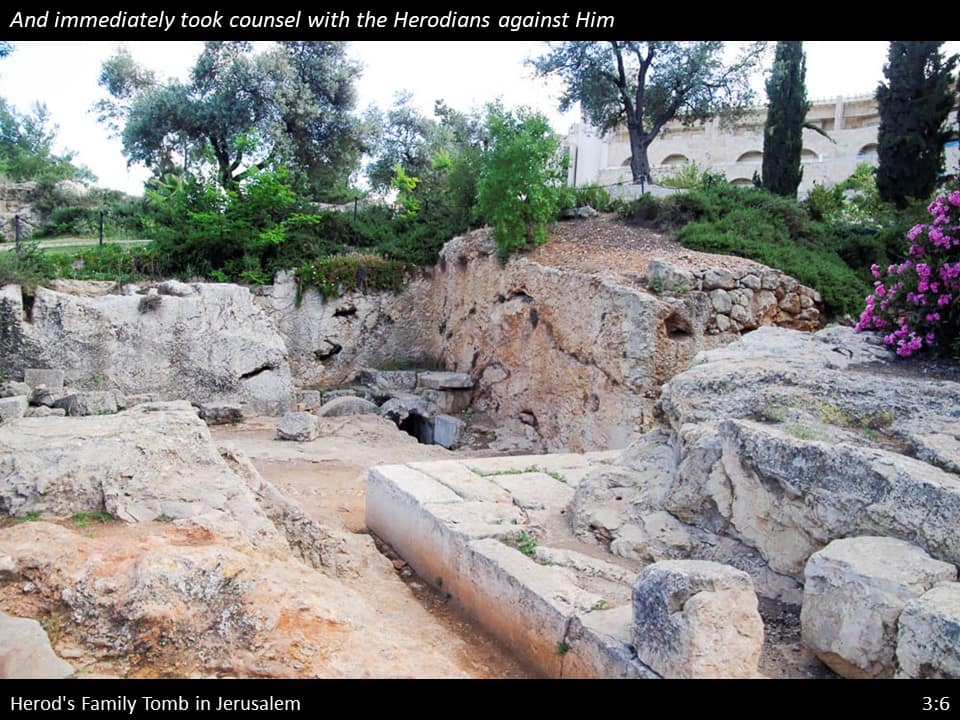
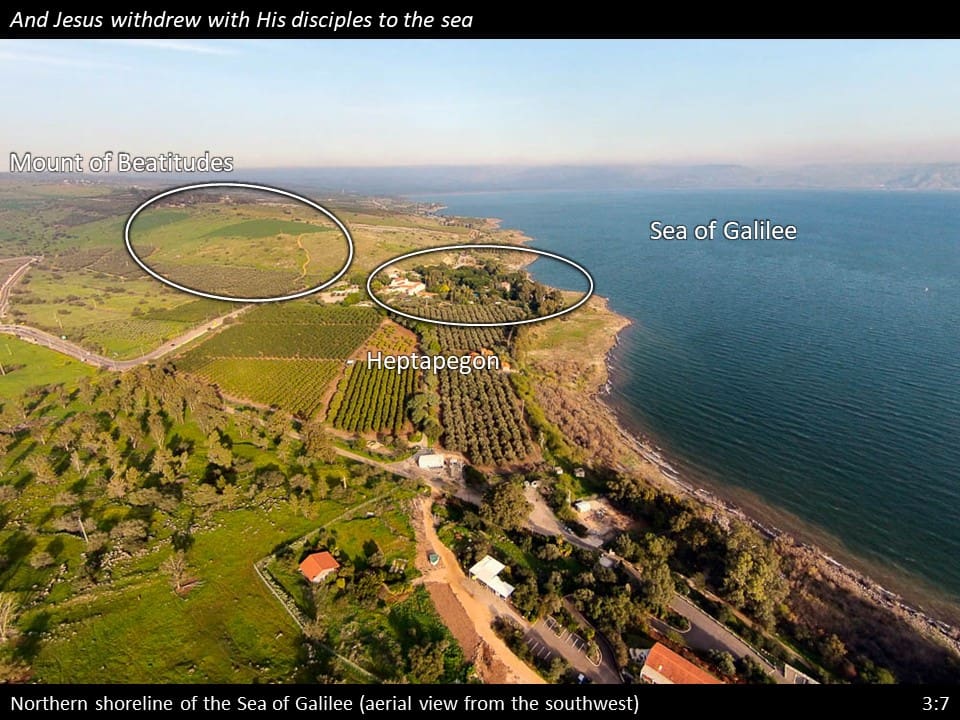
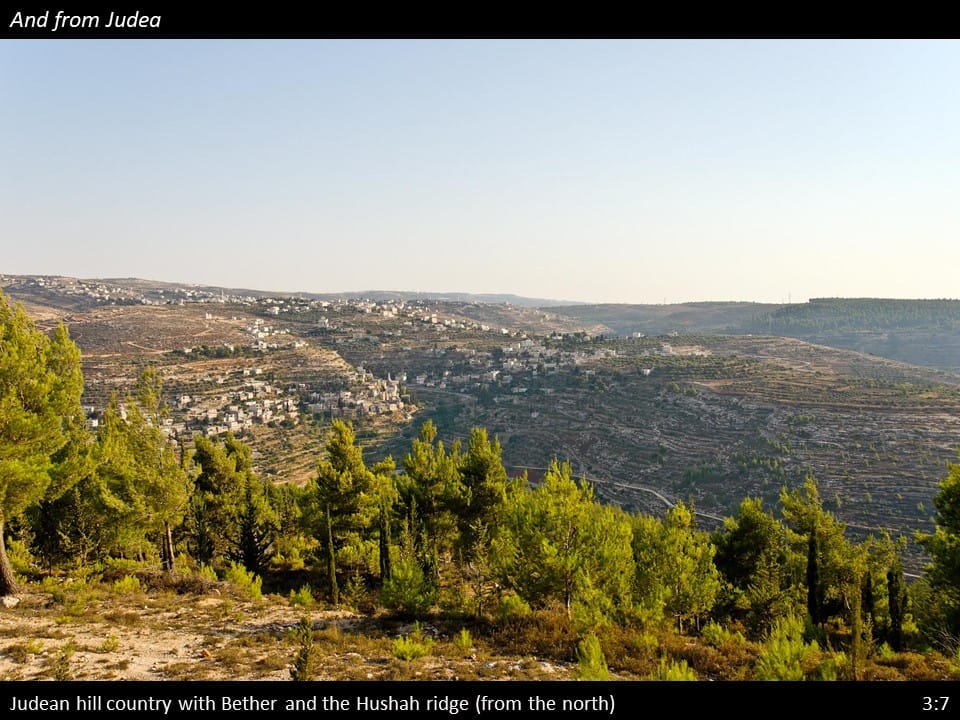
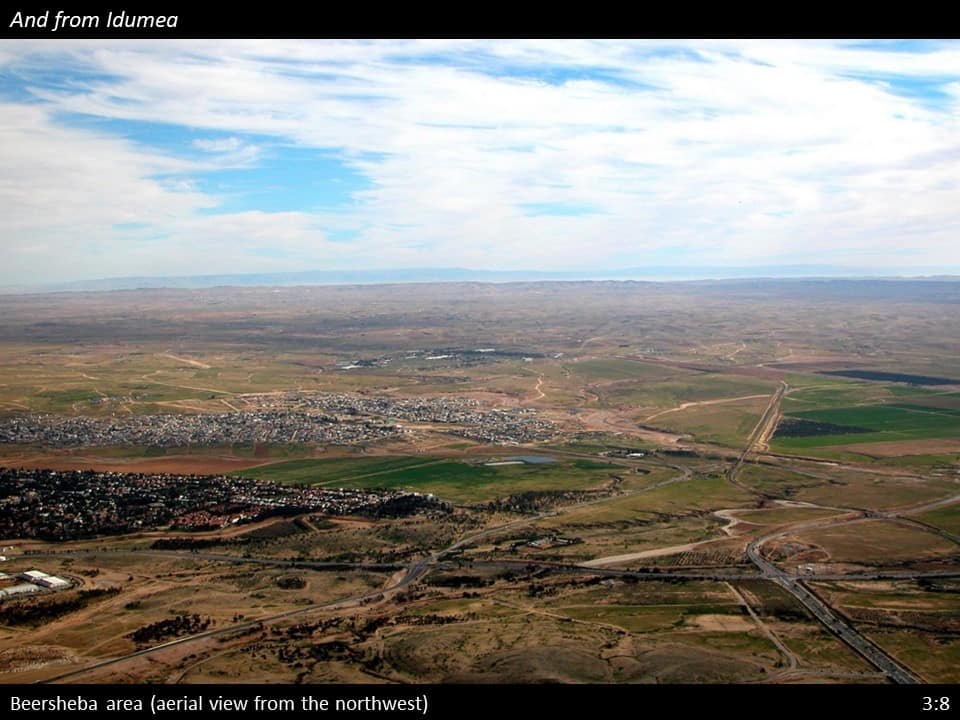
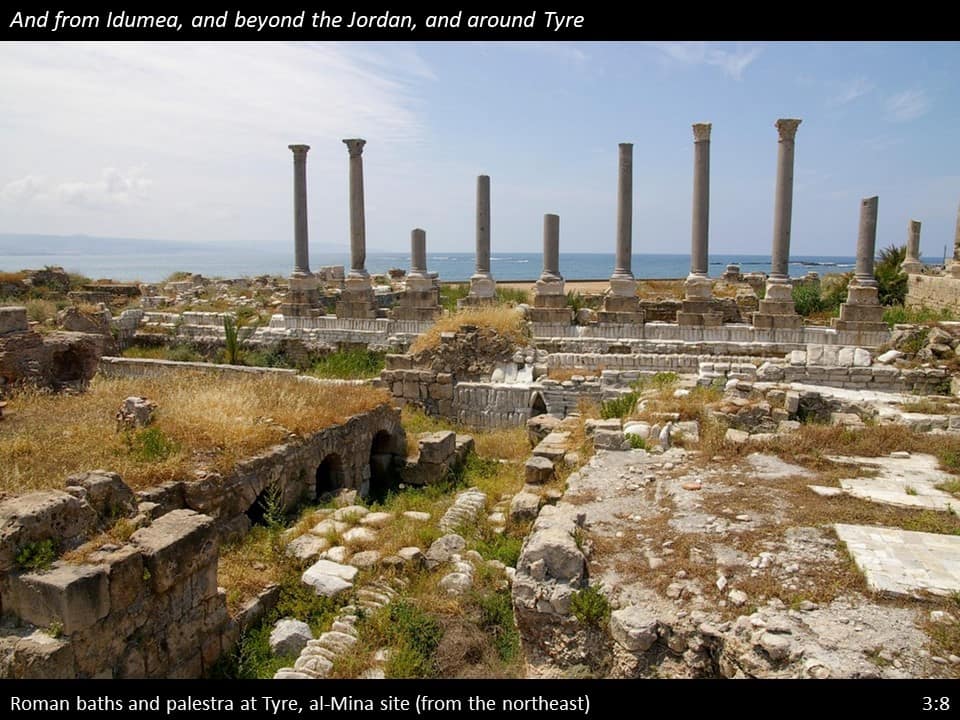
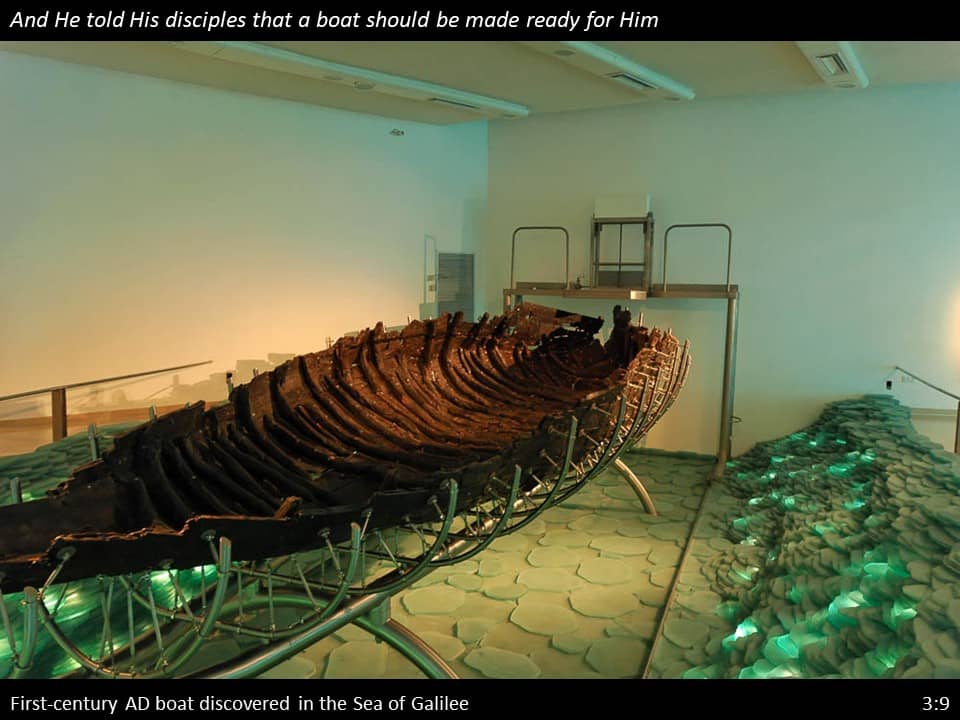
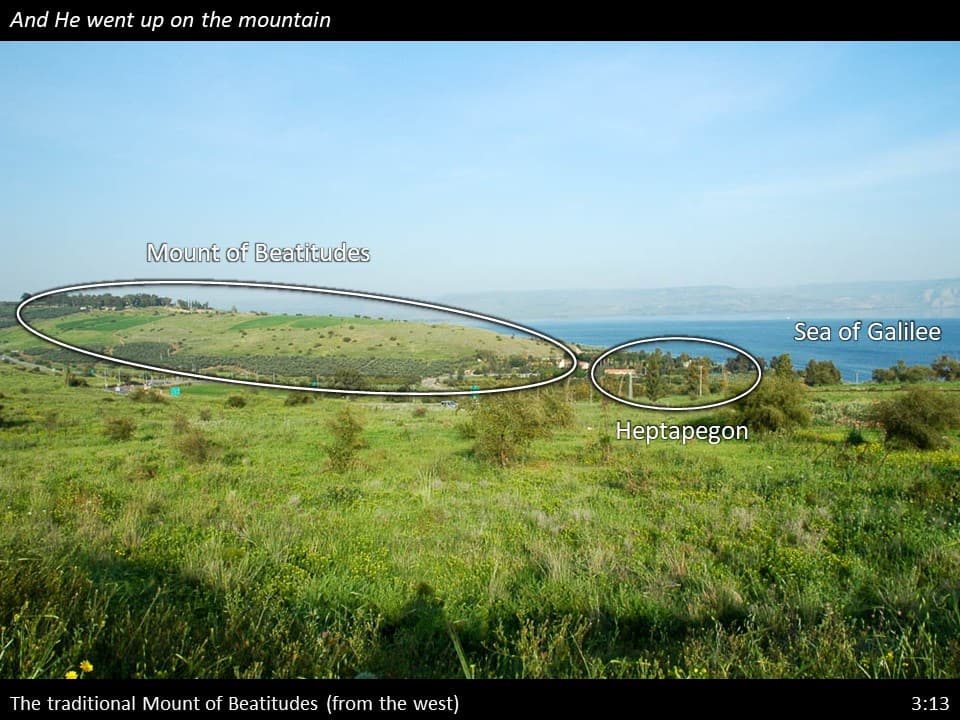
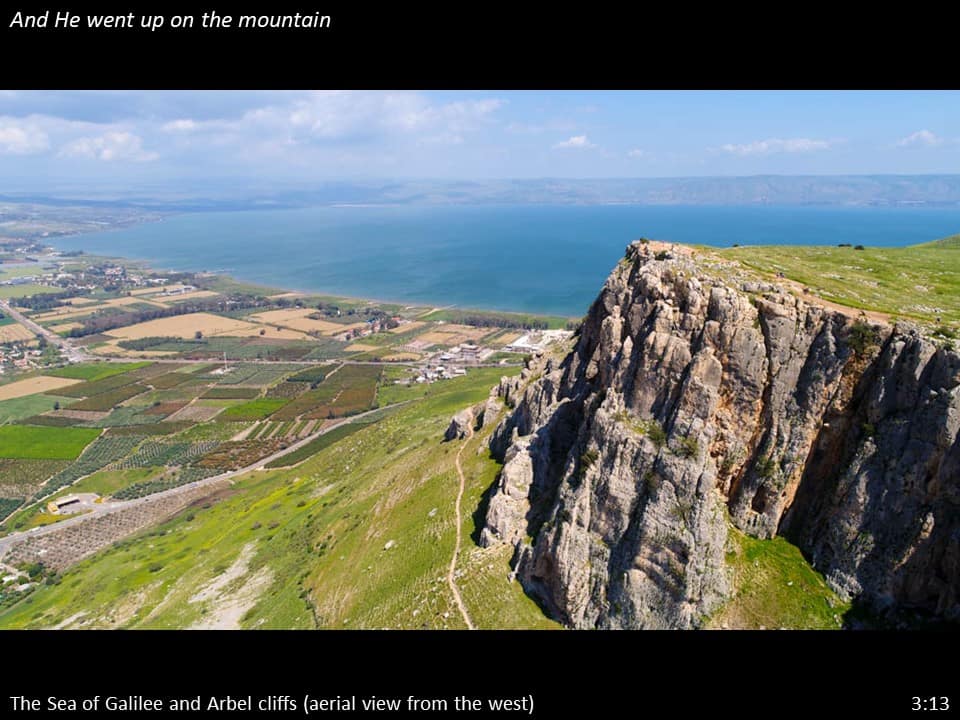
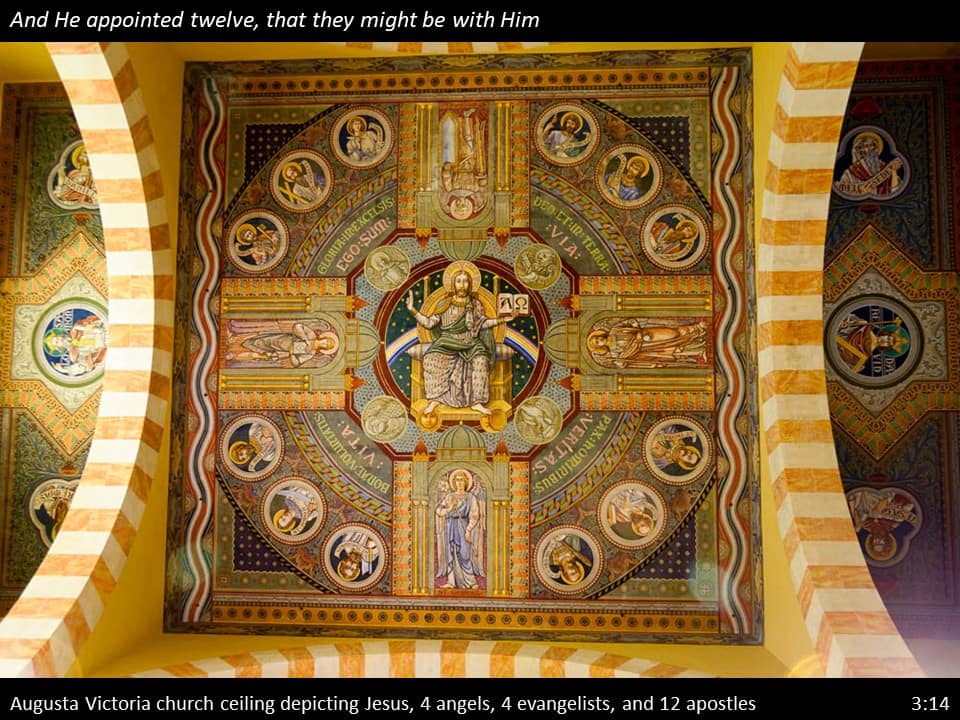
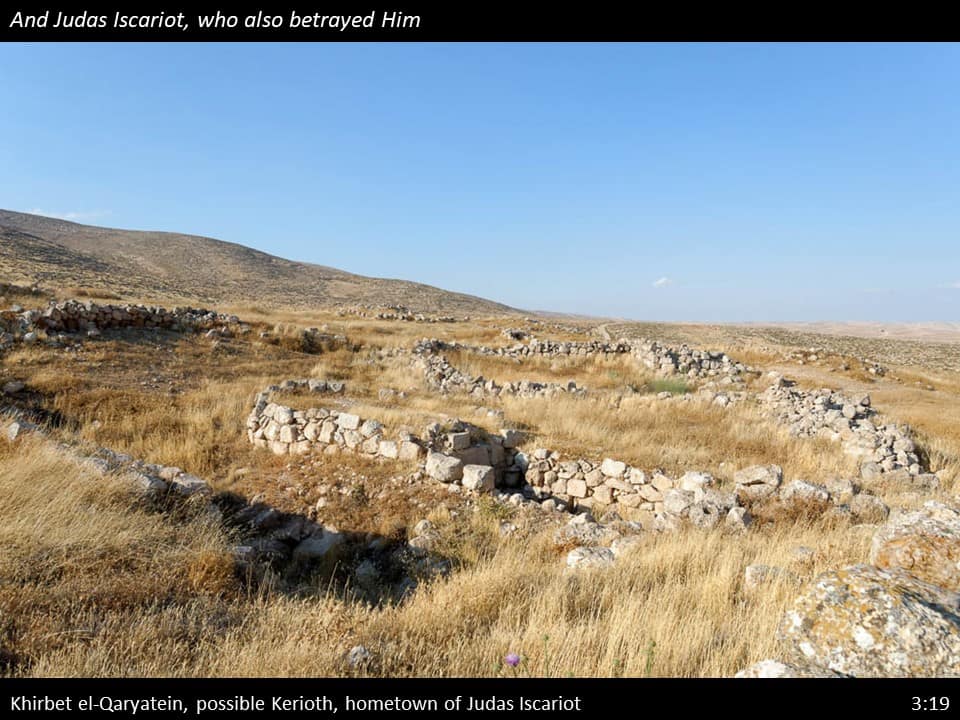
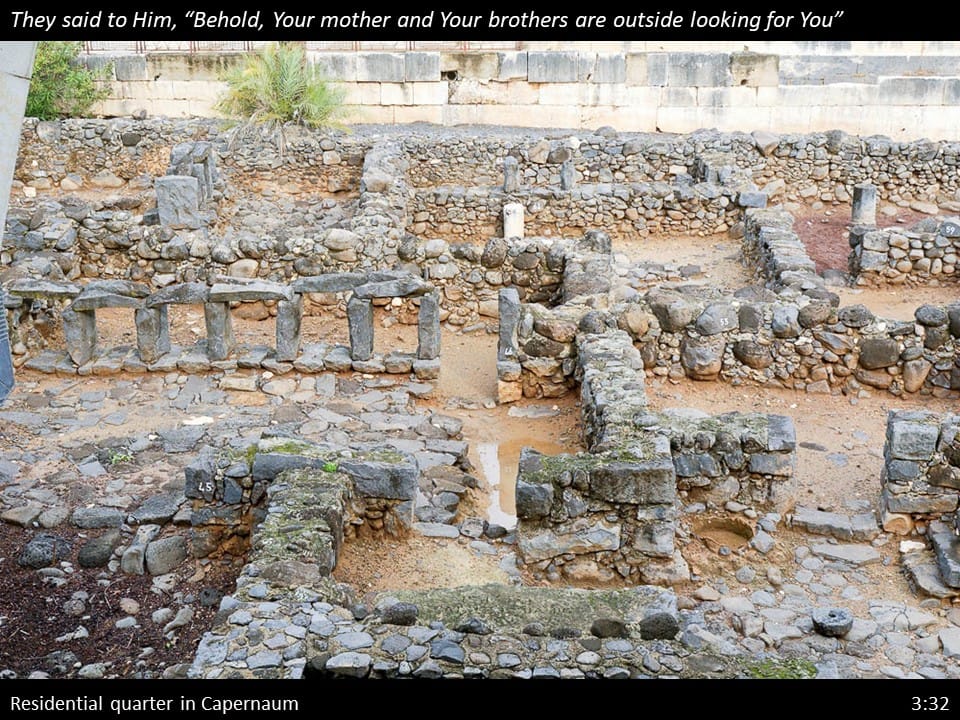
In verses 1-6, on a Sabbath, Jesus was in the synagogue (probably Capernaum) when a man with a withered hand came to Him. They (probably the Pharisees) watched Him see if He would heal the man (only life-saving emergencies were legal to treat on the Sabbath). Jesus asked them if it was legal to do good or to do harm on the Sabbath. When they did not answer, He healed the man. From there, the Pharisees immediately met with the Herodians plotting to destroy Jesus. (See also Matthew 12:9-14)
Note: Only Mark mentions the Herodians.
Luke 6
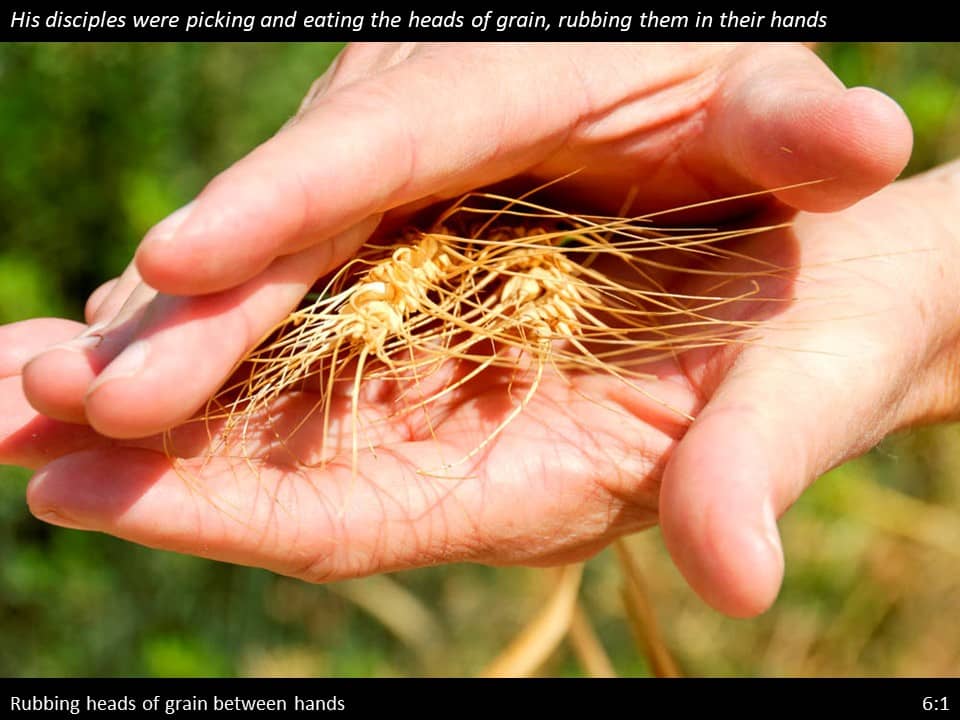
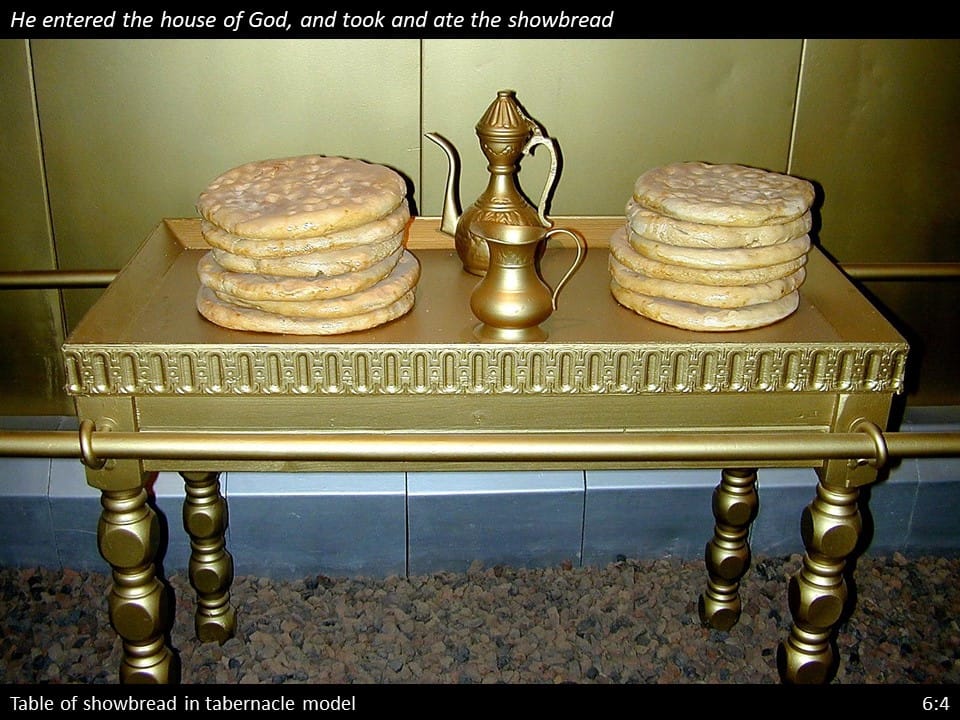
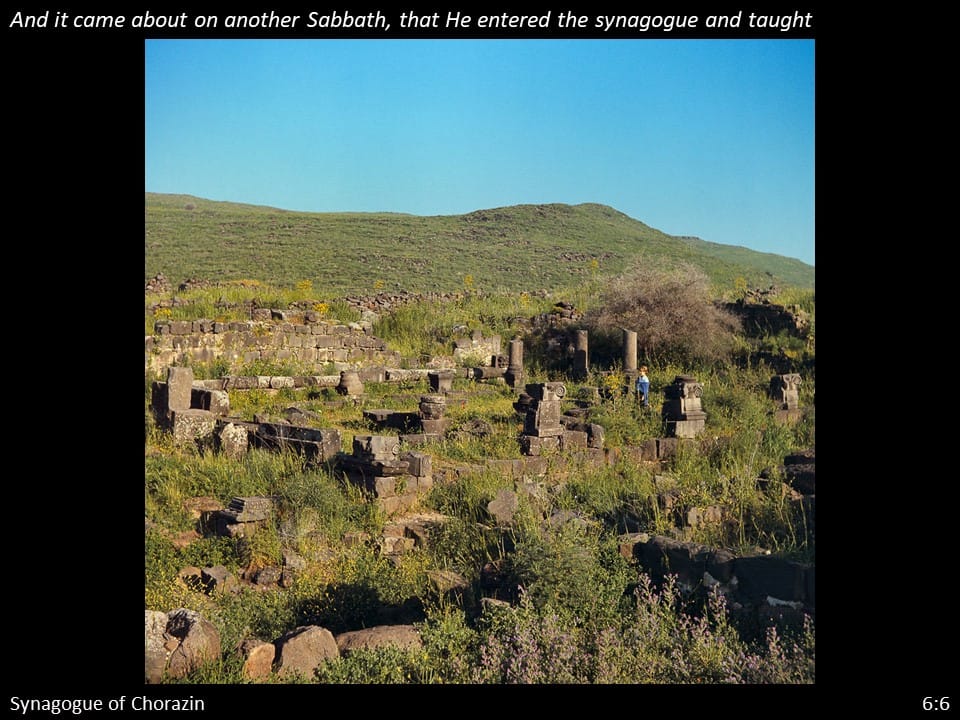
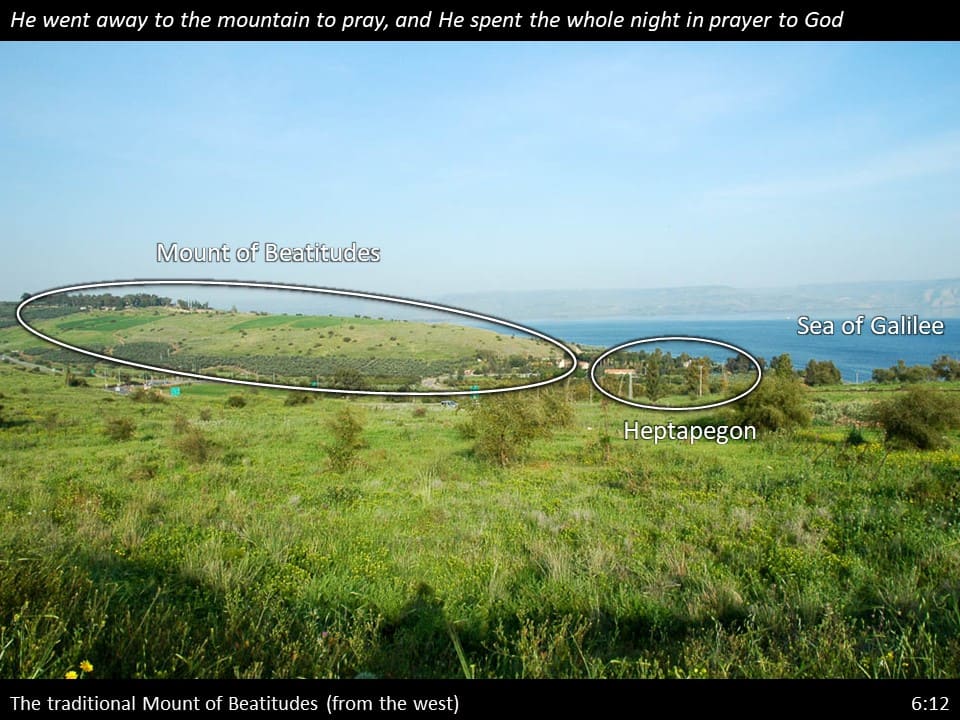
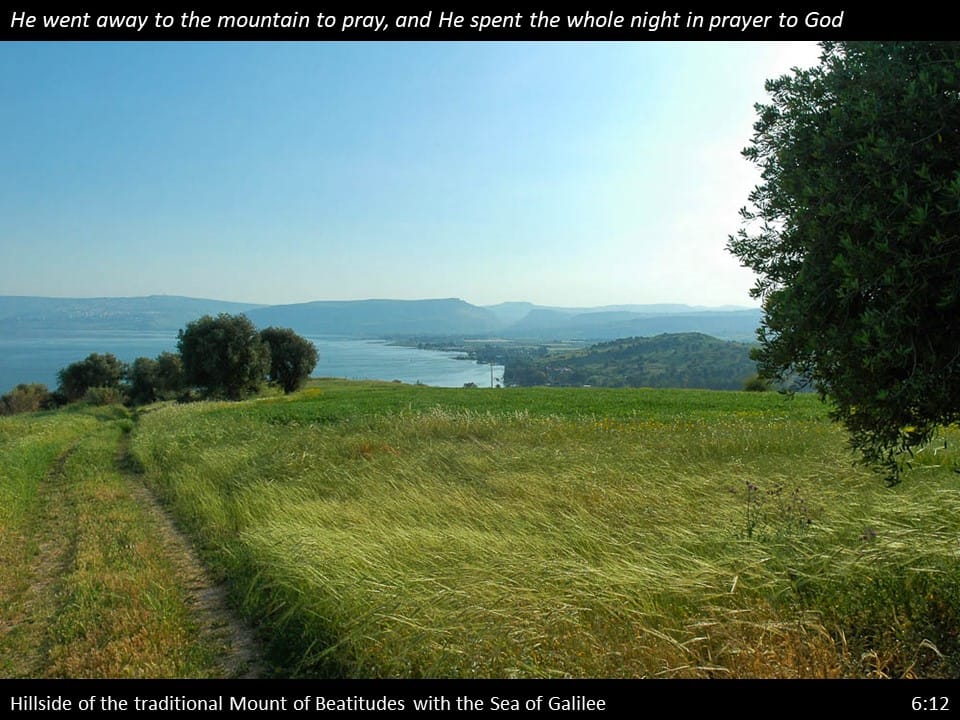
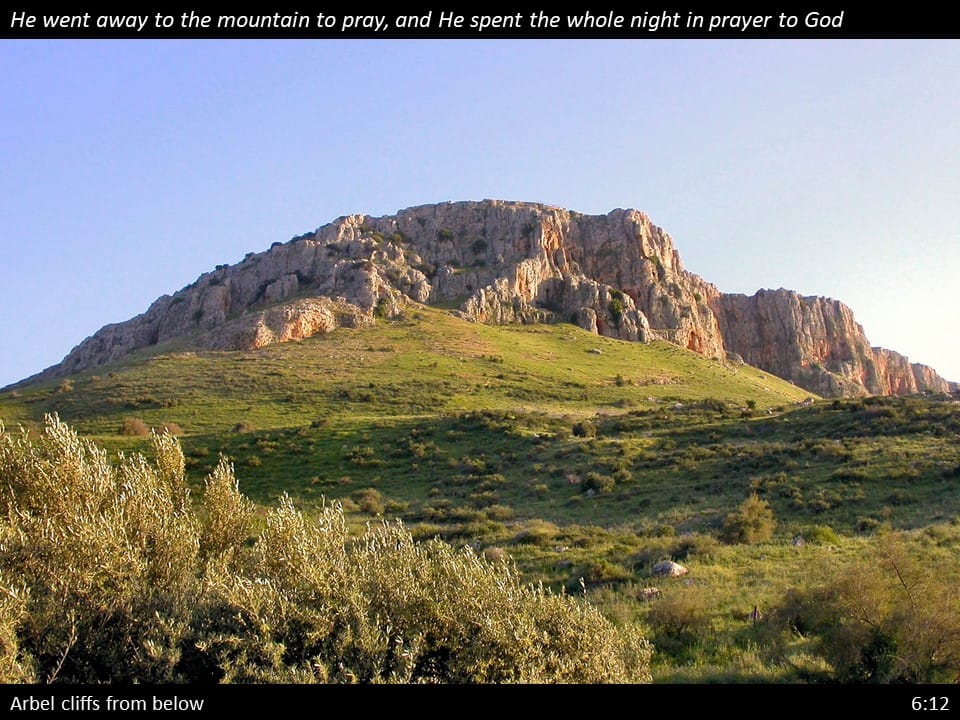
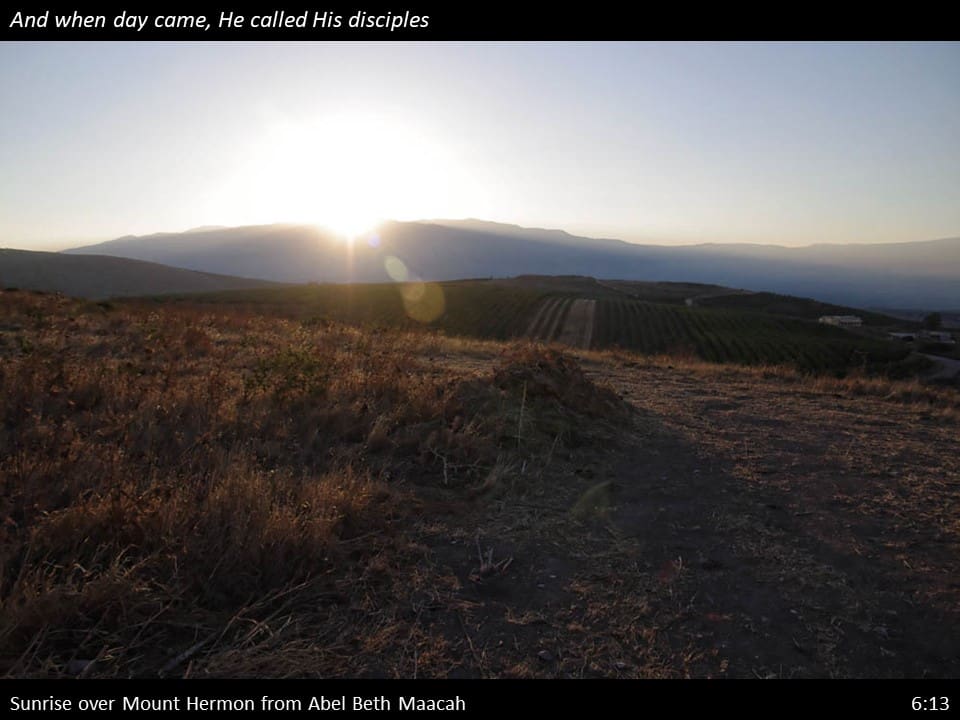
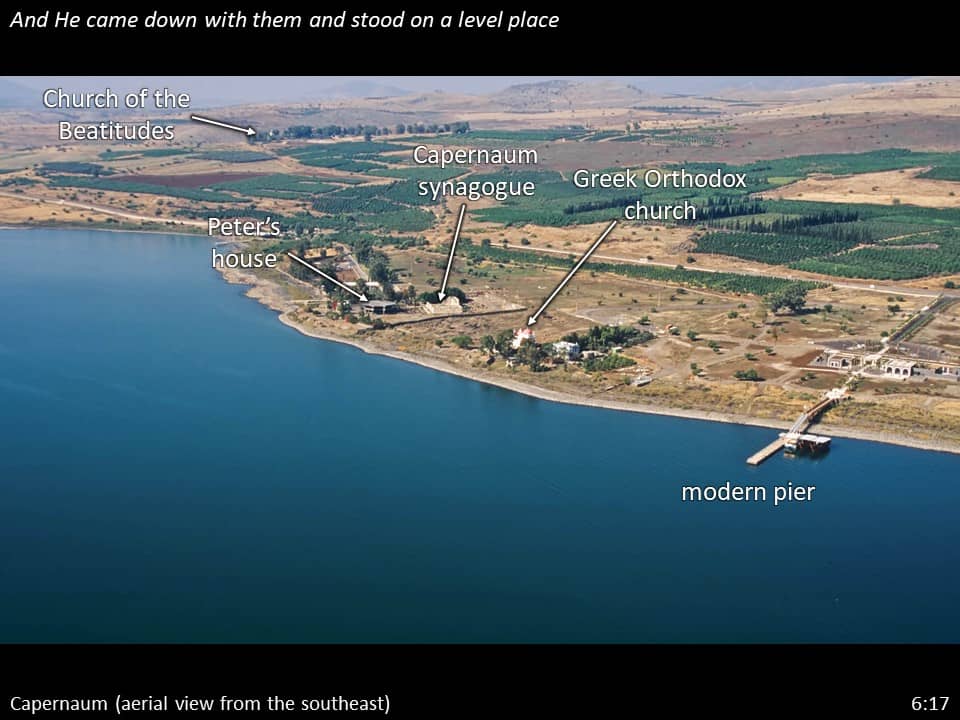
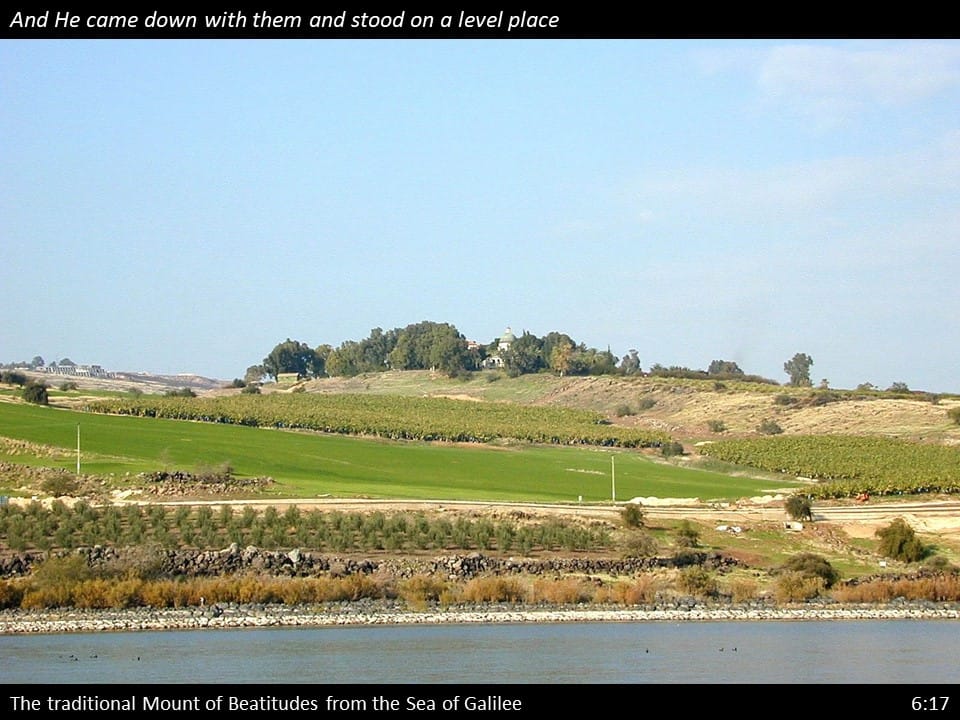
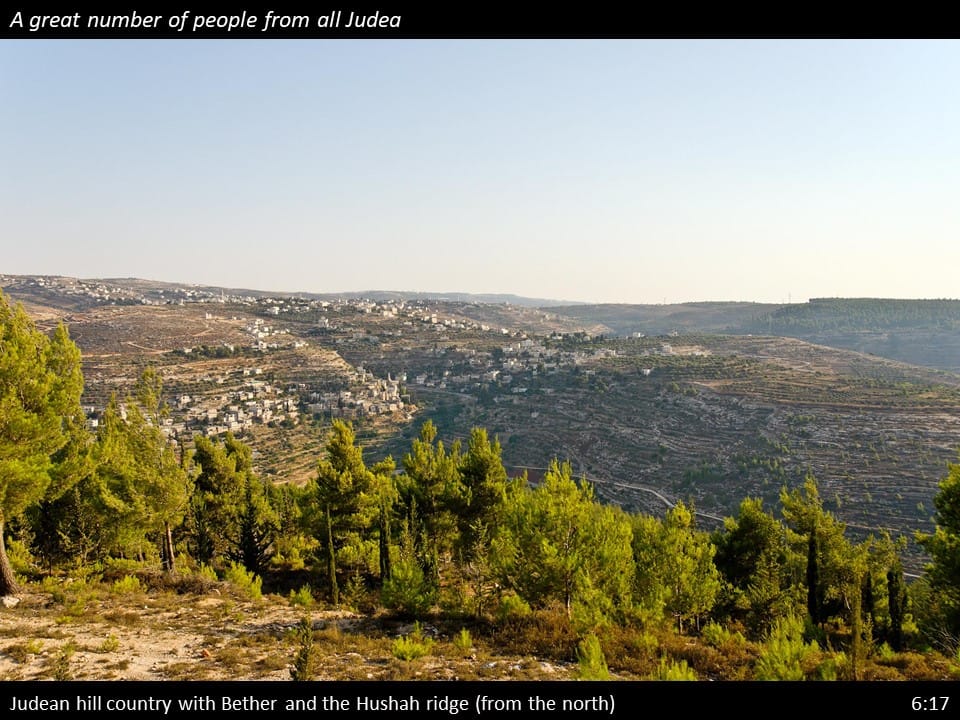
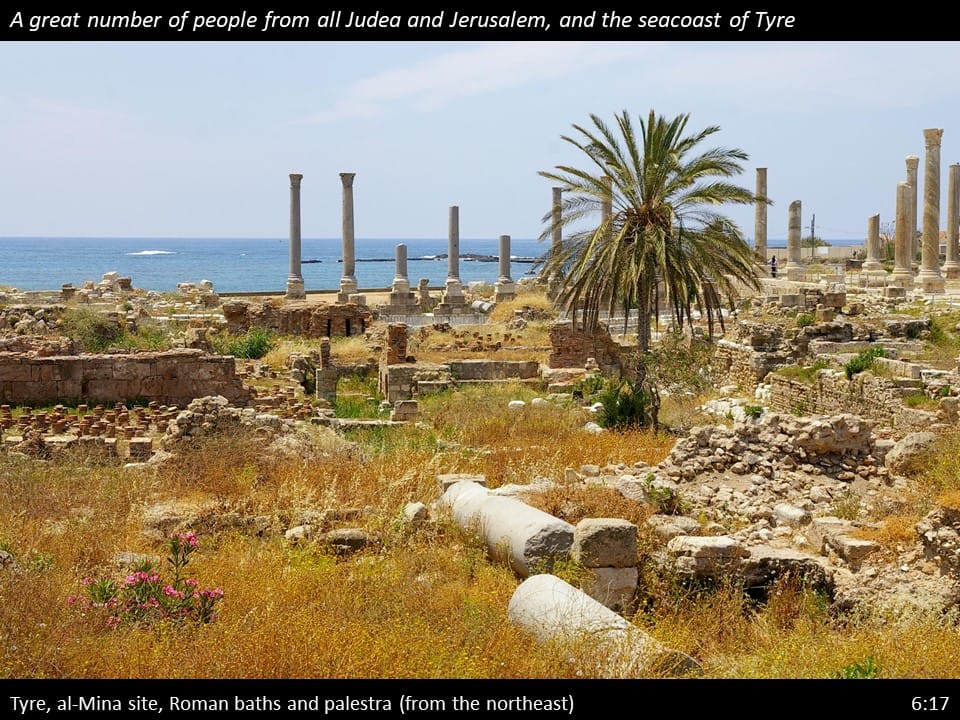
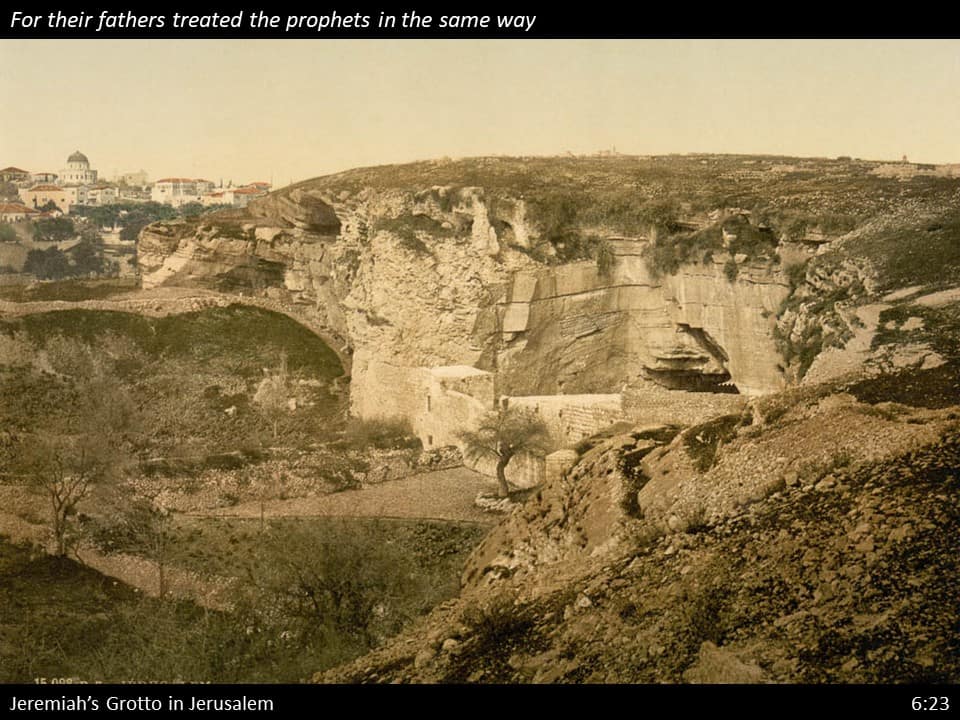
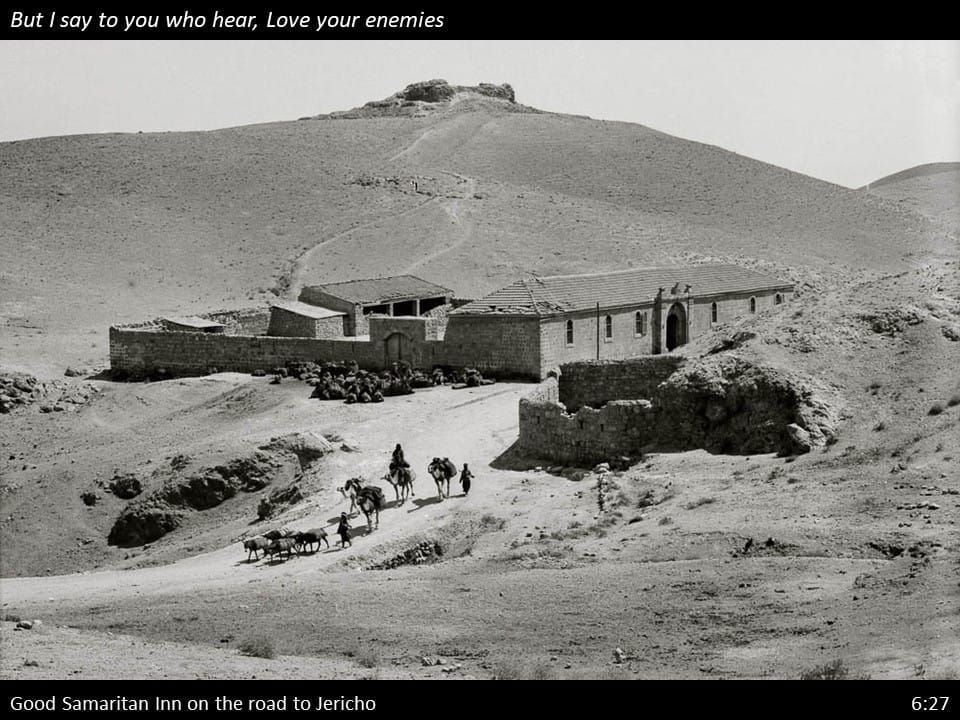
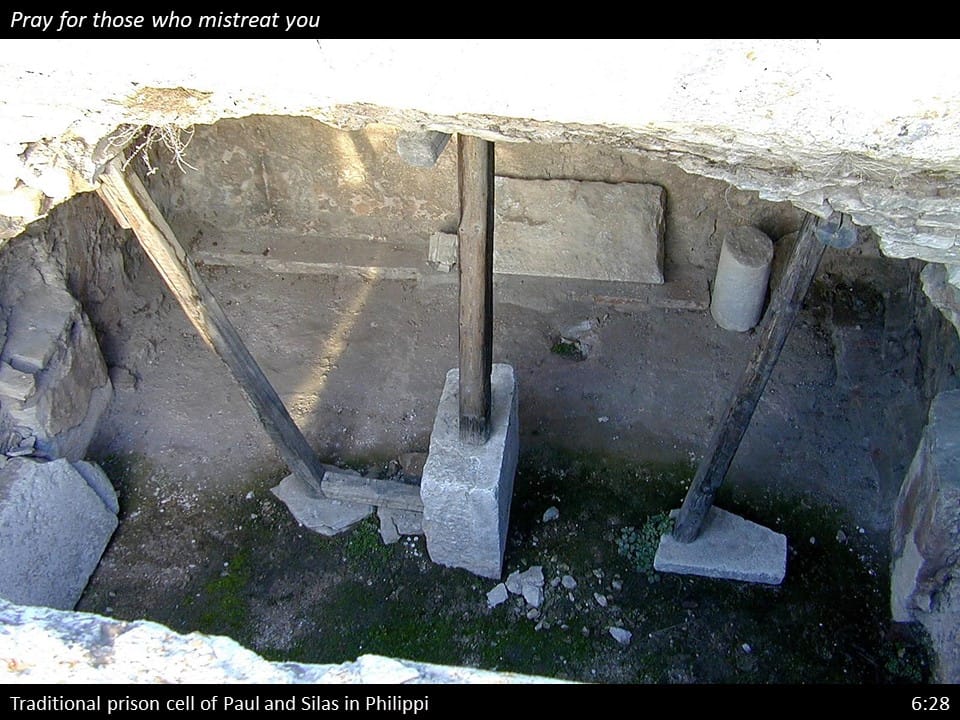
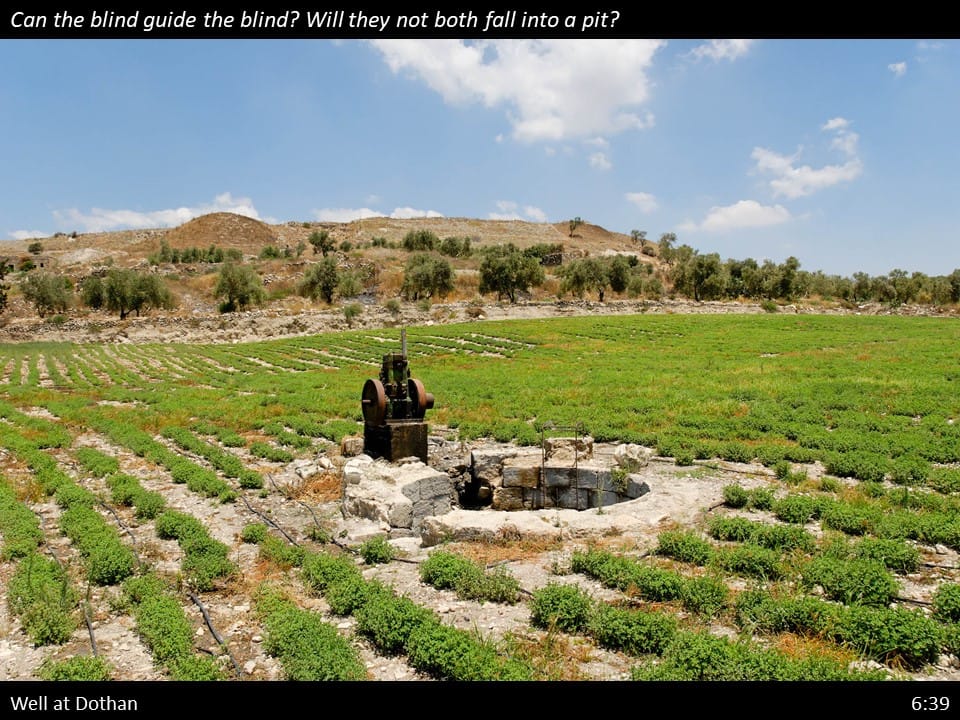
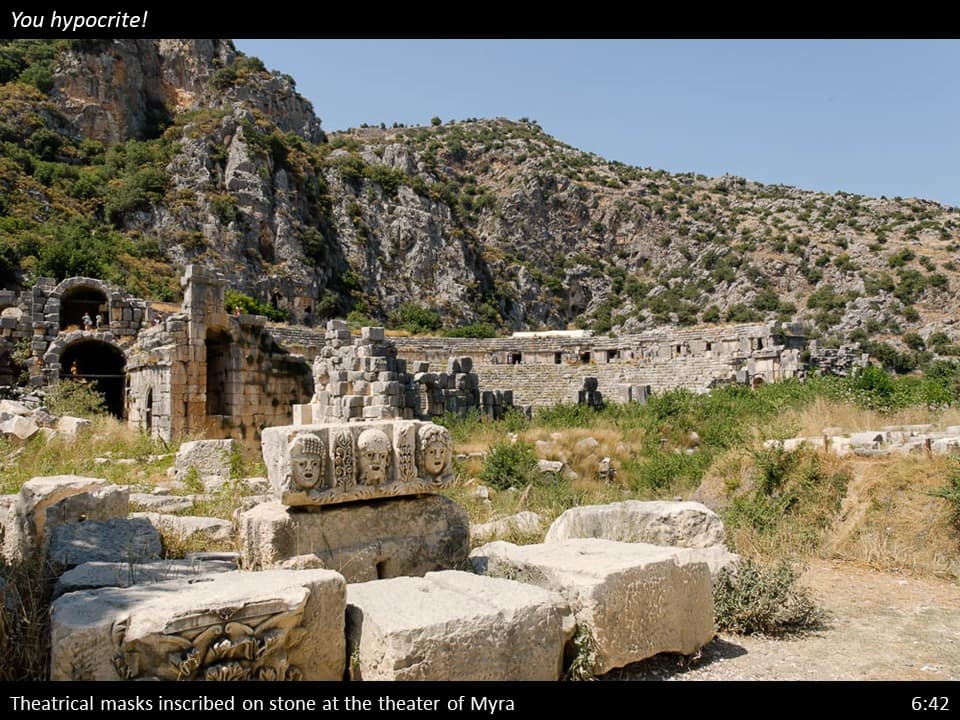
In verses 1-5, (See also Matthew 12:1-8, Mark 2:23-28), as Jesus was passing through a grain field on a Sabbath, His disciples picked some heads of grain rubbed them in their hands and ate the grain. Pharisees challenged them, saying this was not lawful on a Sabbath. Jesus reminded the Pharisees how David fed his soldiers the temple showbread (2 Chronicles 2:4, 1 Samuel 21:1-6). Jesus said the Son of Man is Lord of the Sabbath.
Note: It was legal, according to Deuteronomy 23:25 to pick heads of grain as you passed through a field as long as you didn’t use a sickle. The Pharisees, however, said that to do this on a Sabbath constituted “work” and was, therefore, illegal. The Pharisees considered the picking as “gathering,” the rubbing in the hands as “threshing,” and blowing away the chaff as “winnowing.”
In verses 6-11, (See also Matthew 12:9-14, Mark 3:1-6) as Jesus was teaching in the synagogue, a man with a shriveled (paralyzed) hand was there. The Pharisees were watching to see if Jesus would heal him on the Sabbath. Knowing their thoughts, Jesus asked the Pharisees if it was legal to do good or to do evil on the Sabbath. When they didn’t answer, Jesus healed the man’s hand. The Pharisees were furious and started discussing amongst themselves what they could do to Jesus.
Note: The phrase “on a Sabbath” (v. 1) and “on another Sabbath” (v. 6) ties these two examples together to emphasize that the Son of Man is Lord of the Sabbath. Since Jesus instituted the Sabbath as the Son of God, He has the authority to make exceptions.
In verses 12-16, (See also Matthew 10:1-4, Mark 3:13-19), Jesus went out to pray one night. In the morning he called the twelve disciples and called them apostles: Simon Peter, Andrew, James, John, Philip, Bartholomew, James the son of Alphaeus, Simon the Zealot, and Judas Iscariot.
Note: The term “disciples” designates someone as a follower. The term “apostles” designates someone who is being called and sent out as a messenger with authority.
In verses 17-49, (See also Matthew 5-7), Jesus came down with the disciples to a large plain. People from all Judea and the seacoast of Tyre and Sidon came to listen and be healed by Jesus.
Jesus’ teaching included six major sections:
1. The Beatitudes (vv. 20-23). Those who trust in God are blessed and will be rewarded in heaven.
2. The Woes (vv. 24-26). Those who reject God in this life will receive none of the rewards promised to those who trusted in God (the woes are the opposites of the blessings).
3. True righteousness is revealed in love (vv. 27-38). Jesus establishes seven markers of unconditional love that are indicators of true righteousness.
- Love your enemies,
- Do good to those who hate you.
- Bless those who curse you.
- Pray for those who mistreat you. Do not retaliate against those who mistreat you.
- Give freely and generously to others.
- Treat others the way you would like to be treated (Golden Rule). Loving others in this way separates you from the sinners.
- Do good expecting nothing in return, and your reward in heaven will be great, and you will be Sons of the Most-High.
4. Do not judge (vv. 37-42). Two negatives (do not judge, do not condemn) are balanced by two positives (forgiveness returns forgiveness, giving returns giving). The parable of the blind guide. A disciple is not above his teacher. Get your own life in order before you worry about others (take the log out of your own eye before you take the speck out of a brother’s eye).
5. A tree is known by its fruit (vv. 43-45). A good tree does not produce bad fruit, nor does a bad tree produce good fruit. A man is known by his fruit. A good man produces good, while an evil man produces evil.
6. Build on a solid foundation (vv. 46-49). A man who comes to Jesus hears Him, and acts on what he hears is like a man who builds his house on a solid foundation. His house cannot be shaken. The man who hears Jesus but does not act is like a man who builds his house without a foundation. His house will be destroyed.
What did you notice in your study today? Feel free to visit the website and leave a question or a comment.

